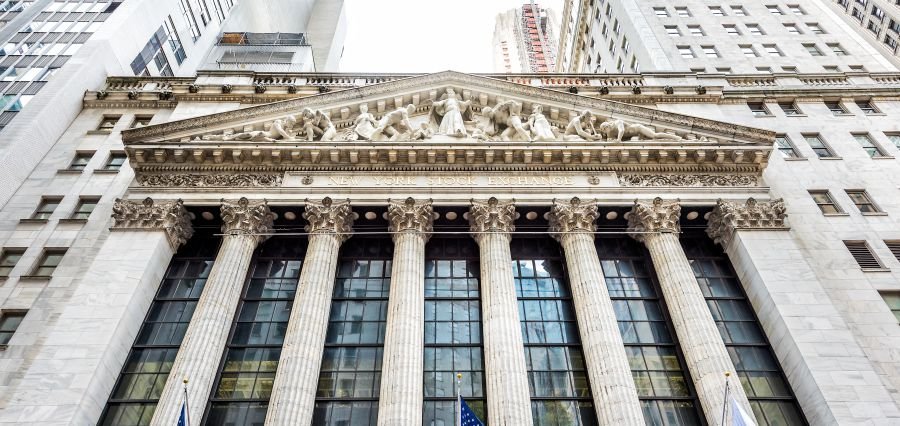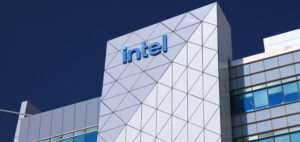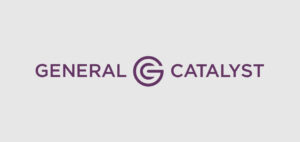Global securities watchdog, the International Organization of Securities Commissions (IOSCO), emphasized the necessity for stock exchanges and trading platforms to develop and disclose comprehensive plans to manage outages effectively, ensuring greater predictability for customers. This announcement came on Wednesday, highlighting the recurrent technical disruptions faced by exchanges worldwide due to various factors, including software updates.
A recent example underscoring the urgency of this issue occurred at the New York Stock Exchange (NYSE). A significant glitch led to extreme volatility in the shares of Berkshire Hathaway (BRKa.N) and Barrick Gold (GOLD.N), causing trading halts in numerous other companies before the problem was rectified.
In its report, IOSCO underscored the importance of having robust playbooks and outage plans. “Where trading venues have effective playbooks and outage plans in place, this provides market participants with certainty about the steps that trading venues will take in the event of an outage,” the report stated. The watchdog’s findings underscored “the need for improved preparedness and management of market outages to ensure market resilience and investor confidence.”
The report recommended that exchanges outline their “reopening strategies” to elucidate the steps involved in resuming trading and managing orders post-outage. This transparency is crucial for maintaining market stability and investor trust during technical disruptions.
Particularly, for trading venues conducting closing auctions that set prices used in benchmarks, it is vital to have a clear contingency plan. “Where a closing auction cannot be run at the scheduled time, trading venues may need to consider postponing the closing auction before cancelling it,” IOSCO advised. The guidance further suggested that if running a closing auction proves impossible, trading venues should explore alternative methods to ensure the market is provided with reliable closing prices.
In addition to these measures, IOSCO recommended that exchanges engage in a “lessons learnt” exercise post-outage, seeking feedback from users to identify areas for improvement. This proactive approach could help in refining outage management strategies and preventing future disruptions.
The recent incident at the NYSE serves as a critical reminder of the potential impact of technical issues on the financial markets. By implementing the best practices outlined by IOSCO, exchanges can enhance their resilience against outages, thereby protecting market integrity and investor confidence.
In summary, IOSCO’s call to action for better outage preparedness and management is a step towards ensuring that trading platforms worldwide can handle disruptions more effectively. By adopting these guidelines, exchanges can provide a more predictable and stable trading environment, ultimately benefiting the global financial system and its participants.





